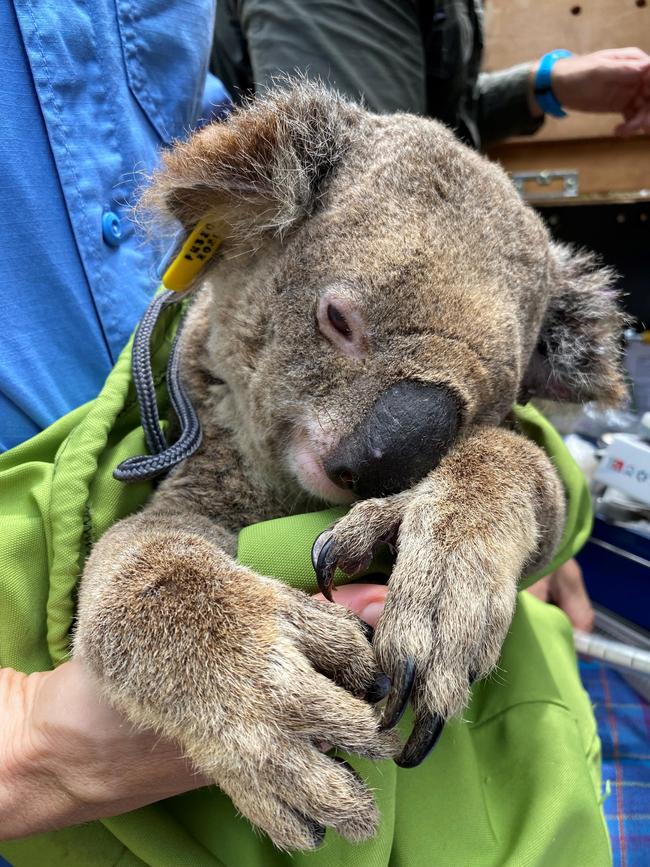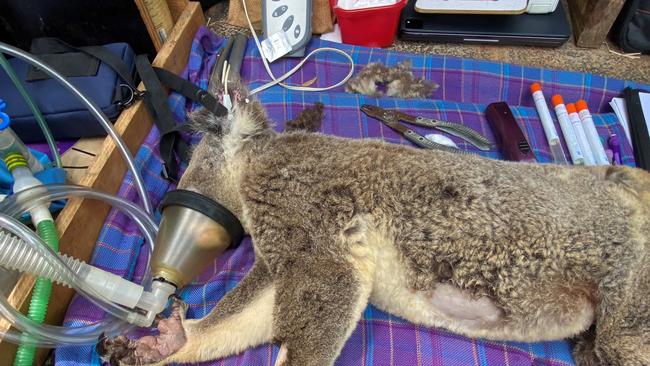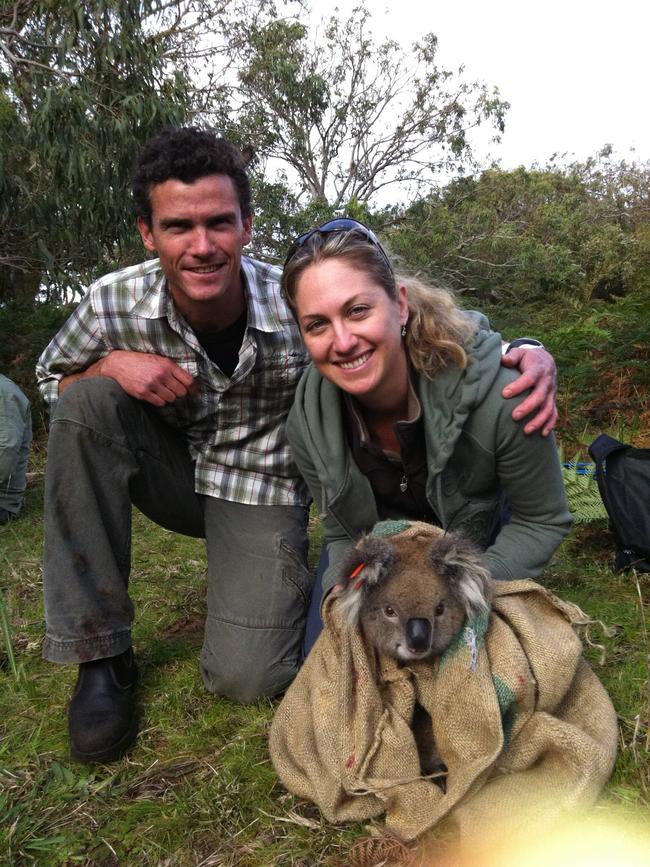Qld wildlife researchers hold the key to keeping koalas around
A wildlife research team which has achieved success preserving a highly diseased Brisbane koala colony, and now it’s urging the Queensland government to adopt its approach, saying it can save koalas across the state.
Pets and Wildlife
Don't miss out on the headlines from Pets and Wildlife. Followed categories will be added to My News.
The fate of a disease-ridden koala colony in Brisbane has been turned around, with wildlife researchers hopeful their co-ordinated approach can save populations across the state.
University of Queensland (UQ) researchers have spent two years treating a Belmont Hills Reserve colony after they found 60 per cent of the population had chlamydia, and through spending a prolonged time conducting health assessments, have rendered the colony disease-free.

This targeted approach is what the UQ Koala Ecology Group says could be the future of preserving the endangered animal as opposed to “opportunistic” rescue efforts that cost a large amount of time and money, Dr Sean FitzGibbon said.
“When a sick koala gets spotted by a concerned community member, they call it in … the koala heads off to a wildlife hospital where, fingers crossed, it heals and is released,” he said.
“We’re trying to demonstrate that with focused, ongoing effort, including vet treatment of sick koalas and the addition of new healthy individuals, the fate of declining populations can be turned around.”

Koala numbers in Queensland are especially vulnerable, with the state’s population listed as endangered earlier this year, and more than half of the koalas in the southeast impacted by chlamydia.
Dr FitzGibbon is calling on the state government to follow his lead, saying there are “dozens of koala colonies where this could work”.

“We’re calling on the Queensland Government and local councils to work together to get koala survey teams to go out and do this and take a more strategic approach to treating sick koalas and conserving populations,” he said.




